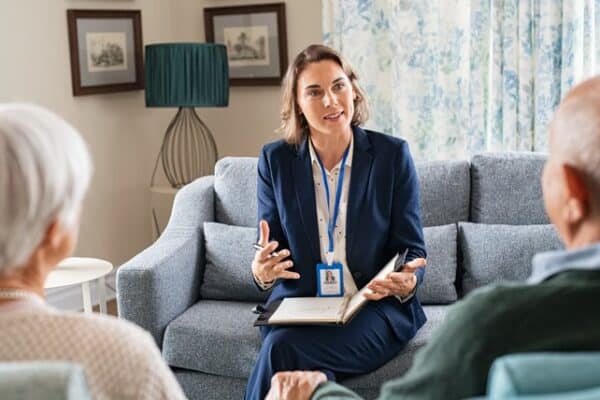Is it legal and acceptable to wake clients up during the night (hourly checks) in a supported living setting?
Sadly, there is no real legal guidance in this area as it is more about meeting the needs of the individual. You would certainly find you are in contradiction with the Human Rights Act and most definitely the CQC Regulations.
When working in Supported Living, Residential Services there has been a long and heated debate about tasks that night staff have to carry out and as a result there are numerous factors that should be considered at night as a No No.
For example, Hoovering and Laundry. I was once overseeing a heated debate that this should be done at night as “They” are all in bed asleep. Can you imagine your bedroom is over or next to the laundry? How would you sleep. Let’s say an impromptu support session took place here.
But there are so many routine tasks carried out at night that risk disturbing the people you support so ask yourself what the additional driver for disturbing someone’s sleep?. How do you justify this decision in a person centred way, Choice ? Dignity ? Respect ?
Does your service have a cleaning and night staff duties checklist? Does this go as far as having ideal times to carry out tasks as this will demonstrate you are doing everything possible to reduce the risk of disturbance.
Waking all your tenants as a routine task would be a very hard conversation to have with any regulation inspector who is reviewing your night-time notes and support plans. If you do not have a very clear justification for waking one person up, let alone the whole house then you could find yourself looking at a very negative inspection report.
If your assessment and support plans are clearly detailed and reflective of the needs of the individuals, you support it may be that you need to have line of sight on someone at risk of absconding or having a seizure or other health issue. Remember though that just because you check someone at 2:05 and leave the room they could have a seizure at 2:07 or abscond meaning issues could go unnoticed until your next check, so this practice would not make sense. Do your Care and Support plans fully detail someone’s night-time routine. It may be that they wake regularly at 2am to use the bathroom. There may be opportunities to check this way if needed.
Before you carried out any practice that involves disturbing sleep you need to fully explore the many person-centred alternatives that could enable the individual to have good night’s sleep free from disturbances by staff opening doors, switching lights on etc.
Consider:
- Seizure Monitors
- Motion Sensors
- Floor Mats
- Doors Sensors
- Falls Monitors
- Other Monitors
Don’t forget that some of these may require Best Interest Decision Meetings under the principles of the Mental Capacity Act. You may also need to do this if you are disturbing someone sleep in their best interests. Remember all your actions need to be the least restrictive.
Finally, you also need to factor that In supported living your tenants have a tenancy agreement and the right to refuse. Have you addressed in your plans if they actually consent to being woken up every “how many hours” to suit the needs of your provider? What if they say no or cannot consent?
Although not a simple yes/no answer I hope I have given you some food for thought to go back and look at your practices and see how they can be improved for the benefit of those you support.






